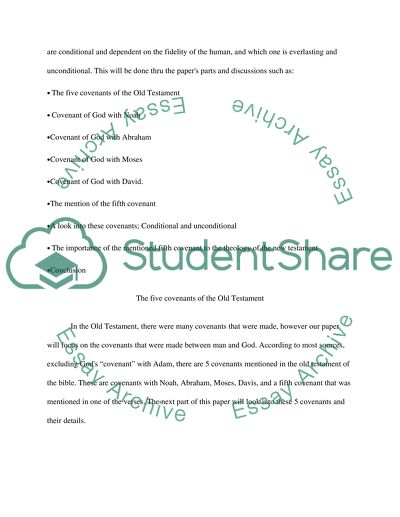Cite this document
(“Covenants Research Paper Example | Topics and Well Written Essays - 2250 words”, n.d.)
Retrieved from https://studentshare.org/religion-and-theology/1433027-covenant
Retrieved from https://studentshare.org/religion-and-theology/1433027-covenant
(Covenants Research Paper Example | Topics and Well Written Essays - 2250 Words)
https://studentshare.org/religion-and-theology/1433027-covenant.
https://studentshare.org/religion-and-theology/1433027-covenant.
“Covenants Research Paper Example | Topics and Well Written Essays - 2250 Words”, n.d. https://studentshare.org/religion-and-theology/1433027-covenant.


